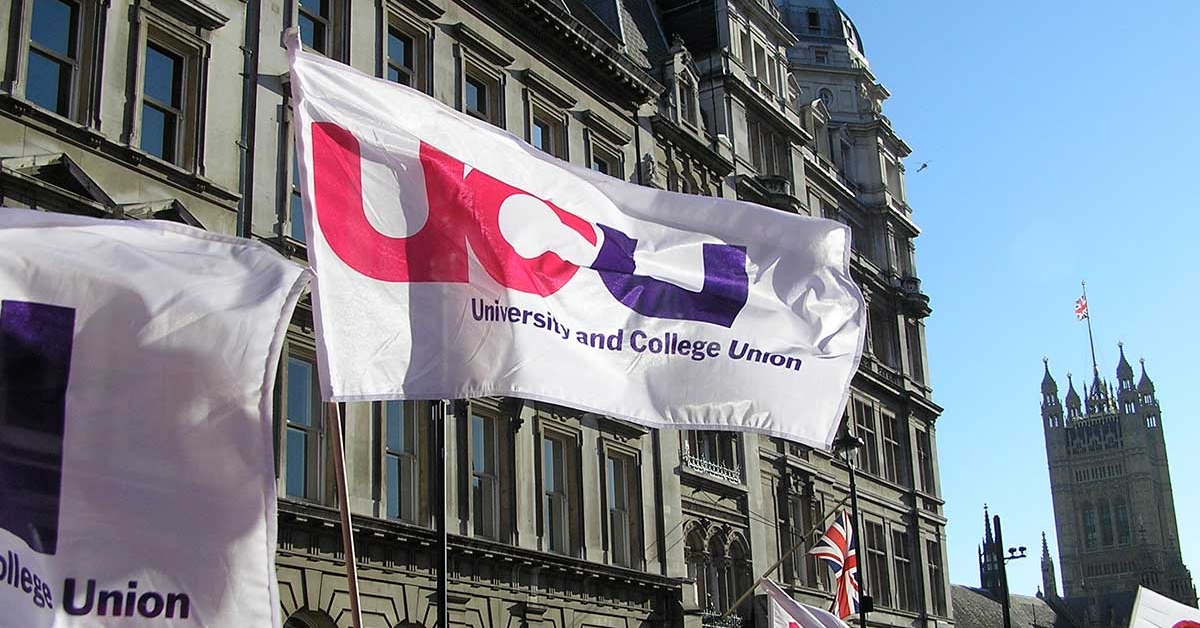
Employment Rights Bill (2024-25)
21 February 2025
UCU has welcomed the Employment Rights Bill as a step toward improving workers' rights. However, we continue to urge policymakers to address key loopholes, particularly concerning zero-hour contracts and agency work, which undermine job security in education.
Zero-hour contracts: a persistent problem
While the bill introduces some protections, such as the right to a guaranteed-hours contract after 12 weeks of regular work, it does not go far enough. Precarious employment remains widespread:
- Further education: 98% of colleges use flexible contracts, including zero-hours
- Higher education: 4,000 academics were on zero-hours contracts in 2023-24, with women disproportionately affected
- Adult and community education: FOI data indicates that 66% of tutors in responding institutions were on zero-hours contracts, with some providers using them exclusively
- Prison education: the use of precarious employment contracts is rife in prison education, especially with the provision of prison education privatised. An example of this is that some prison education providers, operate 'Teacher Banks' as a way of recruiting and deploying casual teaching staff in prisons.
Agency work: a loophole that must be closed
The bill currently allows education institutions to continue using agency workers on zero-hour contracts, a practice that undermines employment rights. Many universities and colleges have created subsidiary agencies (e.g. UniTemps and thefutureworks) to bypass fair employment practices. This approach prioritises financial savings over education quality, worsening staff shortages and harming students.
Strengthening workers' rights in education
We stand firmly in support of collective bargaining as a key tool for fair pay, job security, and equitable treatment in education. Workers must have a strong voice, particularly in sectors affected by casualisation and wage inequality.
To ensure fair representation, we advocate for electronic voting in union ballots, stronger employment rights, and a national strategy to tackle wage inequality. Extending the Code of Practice and addressing barriers to industrial action—such as the six-month mandate and long notice periods—will empower workers and improve conditions across the sector.
We continue to urge the government to take bold action, supporting unions and strengthening protections for all education workers. A fairer sector benefits not only staff but also students and society as a whole.
Queen Mary University of London UCU branch campaign: end ASOS deductions, support Clause 63 of the Employment Rights Bill
Queen Mary University of London (QMUL) UCU branch is campaigning to ensure that punitive action short of a strike (ASOS) wage deductions are outlawed as a form of detriment for industrial action. Clause 63 of the Employment Rights Bill is a crucial opportunity to protect workers from disproportionate deductions--something UCU members across UK universities know all too well.
How you can help:
- sign up to QMUL UCU's mailing list for updates and events
- write to your MP using the template to demand legal protections
- raise a motion in your UCU branch to support the campaign.
You can find more information by visiting QMUL UCU's page here. This fight is based on lived experience: facing months of withheld wages simply for taking lawful industrial action.
The bigger picture: education and economic growth
Chronic underinvestment in post-16 education has led to staff shortages and a skills gap in the workforce. We know that investing in education yields significant economic returns. Improving job security will strengthen the sector and support long-term economic growth.
UCU calls for stronger protections, including fair contracts for all education workers and meaningful collective bargaining rights.
Resources on the Employment Rights Bill
- TUC (October 2024): A massive boost to workers' rights: the new Employment Rights Bill
- TUC (October 2024): The Employment Rights Bill: a potential gamechanger
- TUC (October 2024): Collective voice: how the Employment Rights Bill could boost the trade union presence at work
- IER (November 2024): Briefing on the Employment Rights Bill
- PrintPrint this page
- Share

